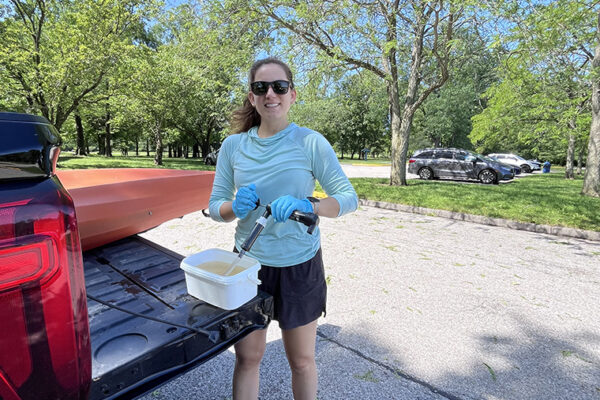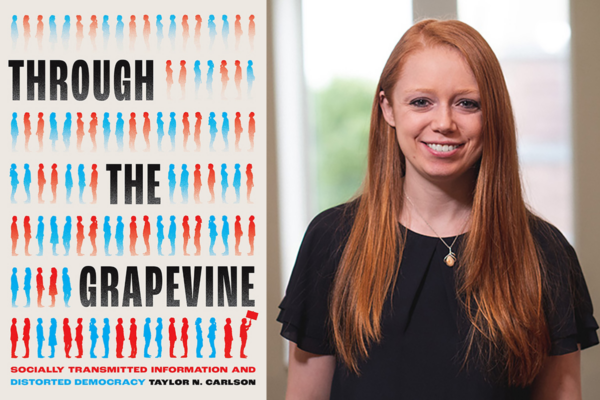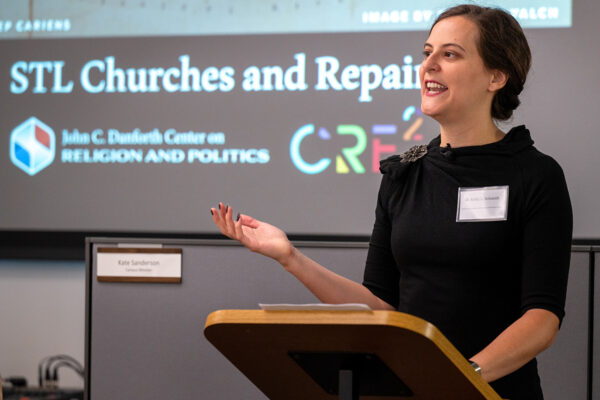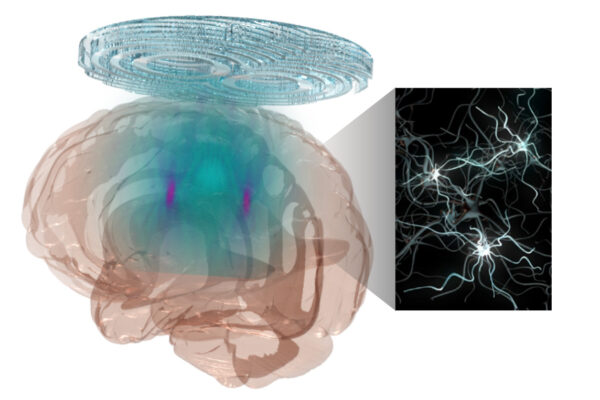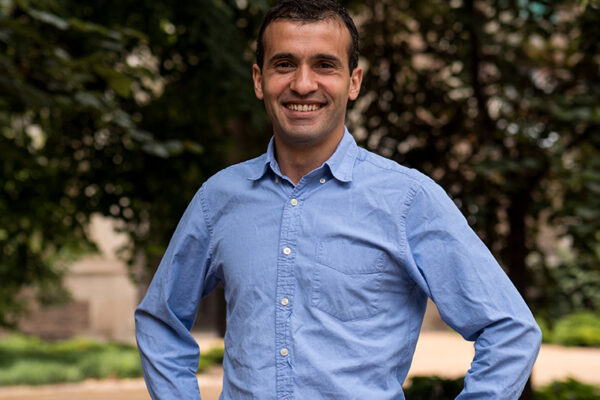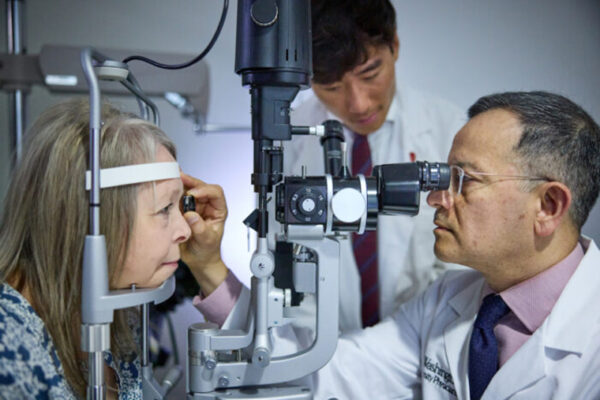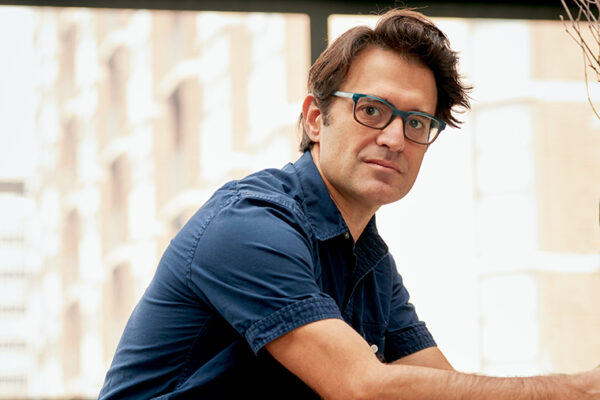Social workers key to psychedelic-assisted therapies
As psychedelic-assisted therapy gains mainstream acceptance, the role of social workers, who provide a significant portion of mental health services in the United States, will become increasingly important in this emerging field, says an expert on mental health in the Brown School.
Modifying homes for stroke survivors saves lives, extends independence
Researchers at Washington University School of Medicine in St. Louis have found that safety interventions — such as walkers, grab bars, ramps and other home modifications — allow many stroke survivors to keep living independently in their homes and may reduce their risk of death.
Sampling eDNA for global biodiversity census
Kara Andres, a postdoctoral fellow with the Living Earth Collaborative, collected samples from Simpson Lake in Valley Park, Mo., one of about 800 lakes worldwide that were surveyed on the UN’s International Day of Biodiversity.
Book explores consequences of political conversations
In her new book, political scientist Taylor Carlson, in Arts & Sciences, explores how political information changes as it flows from the news media to person to person. Her research shows that socially transmitted information becomes sparse, biased, less accurate and mobilizing — fueling a “distorted democracy.”
06.19.24
Images from on and around the Washington University campuses.
New technology allows researchers to precisely, flexibly modulate brain
Researchers at Washington University have developed a noninvasive technology combining a holographic acoustic device with genetic engineering that allows them to precisely target affected neurons in the brain.
Biologists take closer look at stress response in cells
Hani Zaher, a professor of biology in Arts & Sciences, published a study in Molecular Cell that dives into the mechanisms behind the ways cells respond to stress.
Bose named Fulbright Scholar
Arpita Bose, an associate professor of biology in Arts & Sciences, will travel to Belgium next year to continue her work on the green potential of purple bacteria.
Repurposed drug may help stabilize vision in rare disease
In a new study, a team of researchers at Washington University School of Medicine in St. Louis reports that a drug approved by the FDA for another condition may stabilize vision for patients with RVCL-S, a rare genetic disease.
Oppenheimer named Religion & Politics executive editor
Mark Oppenheimer, a well-known religion journalist and author, is the new executive editor of Religion & Politics, an online journal published by WashU’s John C. Danforth Center on Religion and Politics.
View More Stories


